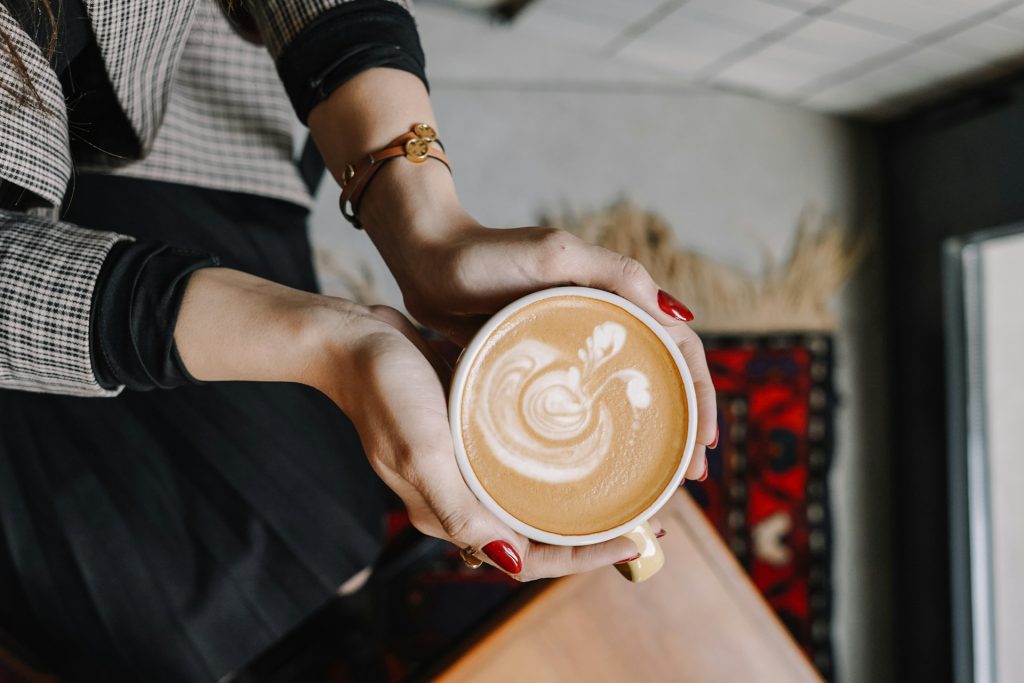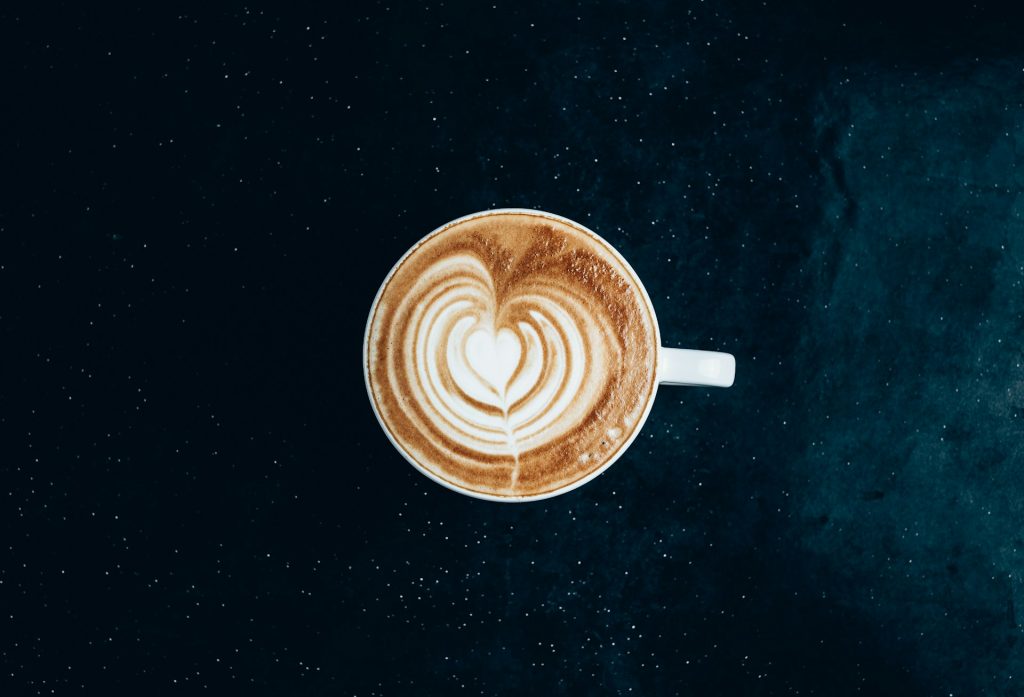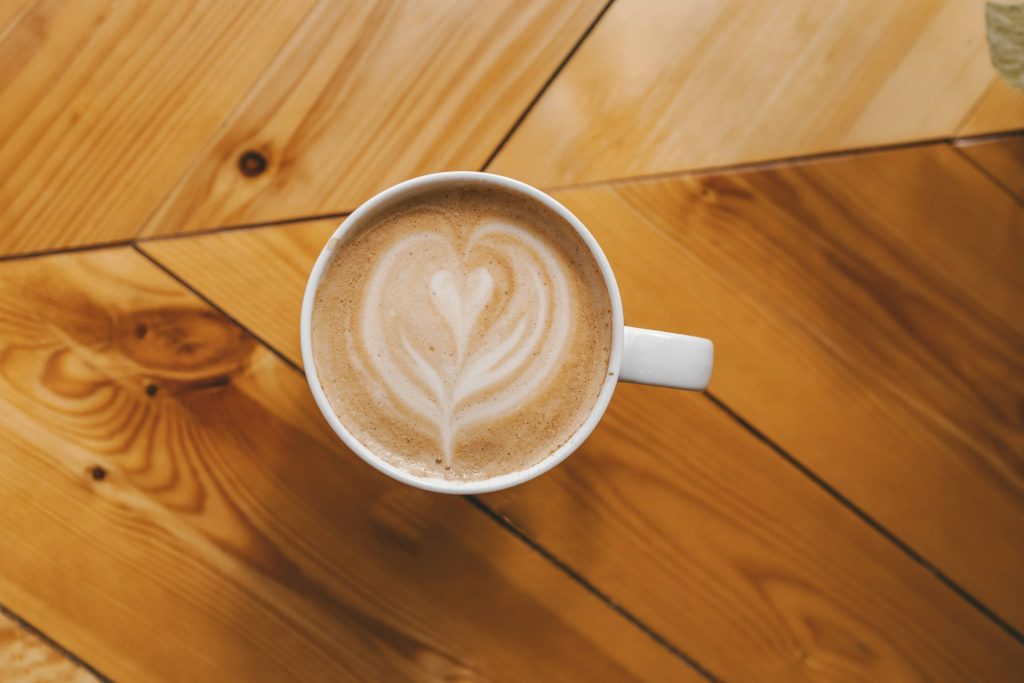Table of Contents
Every morning, billions of people worldwide kickstart their day with one simple ritual: sipping a warm, energizing cup of coffee. Whether it’s a robust espresso shot, a frothy cappuccino, or a plain black brew, coffee has cemented its status as the go-to morning beverage. But how did this humble bean rise to global dominance? The story of coffee is as rich and layered as the drink itself.
The Origins of Coffee
The history of coffee begins in the Ethiopian highlands, where legend credits its discovery to a curious goat herder named Kaldi. The story goes that Kaldi noticed his goats became unusually energetic after munching on the berries of a certain plant. Intrigued, he tried the berries himself and felt a newfound vitality. Word of this magical energy boost spread, eventually reaching monks, who used the berries to stay awake during long prayers. This captivating tale is as much a part of coffee’s allure as its aroma.
From Ethiopia, coffee traveled to the Arabian Peninsula, where it was first cultivated and brewed. By the 15th century, Yemen’s Sufi monks were using coffee as a spiritual aid during rituals and meditations. The drink’s association with focus and productivity began to take root. Soon, coffee became central to daily life, spreading across the Islamic world and earning the nickname “wine of Araby.” With each passing century, coffee’s appeal grew, fueled by its energizing properties and its ability to bring people together. Its journey from a goat herder’s discovery to a global phenomenon is a testament to its enduring charm and adaptability.
Coffee Houses

By the 16th century, coffee had found its way to the bustling cities of the Middle East, where it became synonymous with conversation and community. Coffee houses, known as qahveh khaneh, sprang up across cities like Mecca, Cairo, and Istanbul. These establishments weren’t just places to drink coffee—they were hubs for debate, art, music, and storytelling.
When coffee reached Europe in the 17th century, it quickly gained popularity as an alternative to alcohol. Coffee houses became the meeting spots for intellectuals, politicians, and creatives, earning the nickname “penny universities” for the price of a cup. In these buzzing environments, revolutions were discussed, deals were made, and ideas were born. From London’s Lloyd’s Coffee House (which later became Lloyd’s of London) to Parisian salons frequented by Voltaire, coffee was fueling more than just mornings—it was fueling progress.
The Rise of Coffee in the New World
Across the Atlantic, coffee’s journey took a unique turn. While tea initially reigned supreme in America, the Boston Tea Party of 1773 made drinking tea a controversial act. Coffee, by contrast, was embraced as the patriotic choice. Thomas Jefferson even called it “the favorite drink of the civilized world.”
By the time of the Industrial Revolution, coffee had established itself as a staple in the workplace. Factories and offices relied on it to keep workers alert during long hours. The drink wasn’t just a personal ritual anymore—it was a vital part of productivity. This association between coffee and energy became deeply ingrained in global culture, laying the groundwork for its modern dominance.
Instant Coffee

The 20th century brought a new era of coffee innovation. In 1901, Japanese-American chemist Satori Kato introduced the world to instant coffee, a product that would revolutionize how people consumed the beverage. Soldiers in World War I and II carried packets of instant coffee, ensuring it became a global staple. With its extended shelf life and quick preparation, instant coffee made it easier than ever to enjoy a cup anytime, anywhere.
Instant coffee’s convenience made it a household item, particularly in the post-war boom. It became the drink of choice for busy families and individuals who craved speed without sacrificing flavor. The era of “coffee break” culture was born, with workplaces institutionalizing short pauses for employees to enjoy a quick cup. This blend of practicality and tradition made coffee more accessible than ever, solidifying its role as the quintessential morning drink. To this day, instant coffee remains a symbol of convenience and an entry point for many into the world of coffee.
Coffee Culture Today

Fast forward to today, and coffee is not just a beverage—it’s a lifestyle. The global rise of specialty coffee chains, most notably Starbucks, turned coffee into an experience. No longer confined to the kitchen, coffee became an emblem of urban culture. Ordering a tall caramel macchiato or sipping a flat white in a cozy café became as much about identity as it was about caffeine. Coffee shops became the modern equivalent of old coffee houses—places to gather, work, and connect.
At the same time, the artisanal coffee movement emerged, focusing on quality over quantity. Third-wave coffee roasters and shops prioritize single-origin beans, sustainable practices, and intricate brewing techniques. Small-batch roasting and alternative brewing methods like Chemex and AeroPress have elevated coffee into an art form. This new wave has transformed coffee from a simple pick-me-up into a luxury experience. For enthusiasts, each cup tells a story, from the farm where the beans were grown to the barista who perfected the brew. Today, coffee culture balances mass appeal with a growing appreciation for craftsmanship, making it a universal yet deeply personal ritual.
Why Coffee Wins Mornings Every Time
So, what makes coffee the undisputed king of mornings? The answer lies in a perfect blend of science, tradition, and emotion.
- Caffeine’s Kick: At its core, coffee’s popularity stems from its ability to wake us up. The caffeine in coffee stimulates the central nervous system, increasing alertness and focus. Unlike other morning drinks, coffee provides a quick and consistent energy boost, making it the ideal companion for groggy mornings.
- Convenience: Coffee is incredibly versatile. Whether brewed in a high-end espresso machine or whipped up as instant coffee, it fits seamlessly into any routine. It’s equally enjoyable on-the-go or as part of a leisurely breakfast.
- The Ritual: Beyond the physical benefits, coffee offers a comforting ritual. The act of brewing, smelling, and sipping a cup of coffee is a sensory experience that soothes the mind and body. For many, this ritual is as essential as the drink itself.
- Community and Connection: Coffee has a unique ability to bring people together. From a casual chat with friends over lattes to business meetings in bustling cafés, coffee fosters connection. Its social significance transcends borders, making it a global unifier.
Coffee Still Rules the Morning
From its mythical origins in Ethiopia to its dominance in modern-day cafés, coffee has woven itself into the fabric of daily life. It’s more than a drink—it’s a symbol of energy, connection, and culture. Whether you start your day with a simple cup at home or a meticulously crafted pour-over at your favorite café, coffee continues to do what it’s always done: wake us up, bring us together, and keep the world moving.

I’m Audrey, a dedicated mother of teenagers with an insatiable love for coffee. On BeanBrewLove.com, I intertwine my need for caffeine with reflections on life. Whether expressing a nostalgic sentiment or injecting a hint of sarcasm, my blog is a reservoir of coffee culture, brewing techniques, and global coffee reviews.




